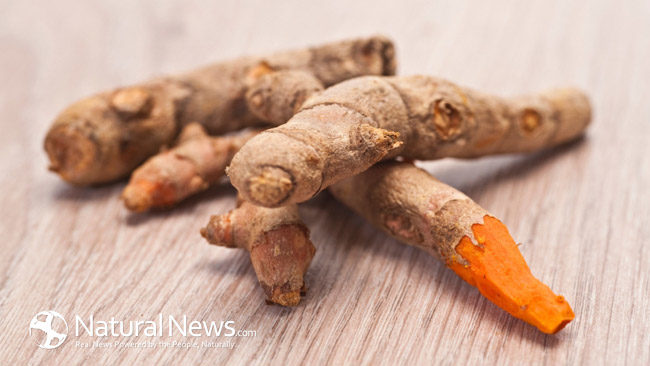Turmeric, the deep gold spice which lends such distinctive color and flavor to dishes throughout India and other parts of Southeast Asia, is perhaps one of the best-studied spices on the planet. Most people are aware of the fact that turmeric has powerful antioxidant and anti-inflammatory properties and has been tested and found effective for ailments as diverse as Type 2 diabetes, arthritis and other chronic inflammatory conditions as well as certain forms of cancer. Curcumin, the active component in turmeric, is largely credited for these amazing health benefits, and now new research, coming out of the Swinburne University of Technology in Melbourne, Australia, points to even more amazing ways in which curcumin can affect the health – specifically, the health of the brain.
The Melbourne Study
The Melbourne Study, to test the possible effects of supplementation with curcumin, looked at a group of healthy, senior adults between the ages of sixty to eight-five. The study gave a curcumin capsule daily to participants, then assessed them one hour and three hours after the supplement was taken and then again at the end of four weeks’ worth of daily curcumin use. Assessments in this study included blood work as well as multiple cognitive function and mood tests.
It was found that in as little as an hour after supplementation with the curcumin, there was a marked improvement in various cognitive functions, including memory and attention shown in those patients who had received the supplement. After four weeks of supplementation, there was an improvement in several cognitive and mood markers, including working memory and emotional states such as calmness and contentedness, as well as increased energy levels. Although the study did not look at this specifically, it also noted that patients who took the curcumin supplement also has lowered cholesterol levels. The scientists concluded that curcumin did, in fact, have a positive effect on cognition and emotional states among the elderly.
Japanese Study Involves Similar Findings
A Japanese study which looked at the effects of curcumin on seniors with moderate to advanced Alzheimer’s disease who presented with symptoms included decreased memory and other cognitive functions as well as irritability, anxiety and agitation. These patients were given curcumin at a dose of 100mg a day; at the end of the twelve week study, the patients showed a significant improvement in their symptoms and a decrease in dependence on their caregivers, all without any apparent adverse reactions or side effects.
Because of the aging societies in most developed countries around the world, Alzheimer’s and other forms of dementia are becoming a real social problem – with real social consequences, and those who study demographics predict that this problem will only become more pronounced in the coming decades. Finding natural ways, therefore, to ensure that seniors can preserve cognitive function and stay independent even as they advance in age is incredibly important, and curcumin appears to be one of the ways to make this happen.
Sources: nutraingredients-usa.com, greenmedinfo.com, ncbi.nlm.nih.gov
More Entries by Rosalina





